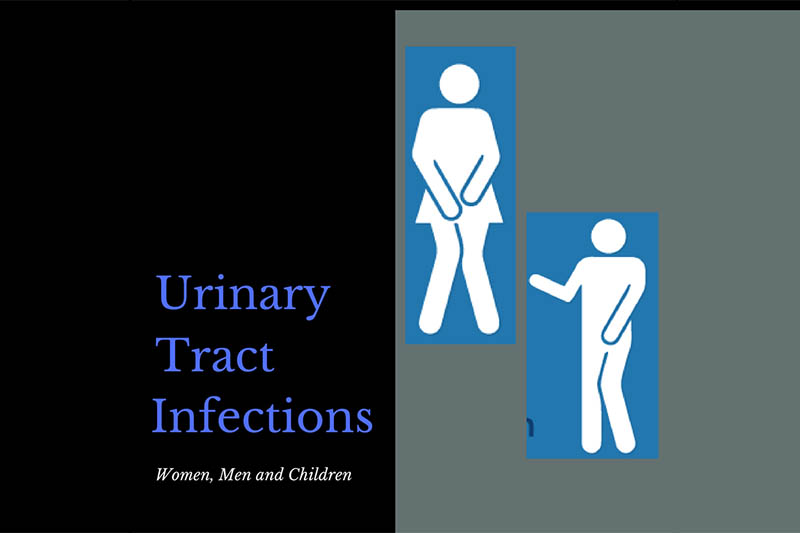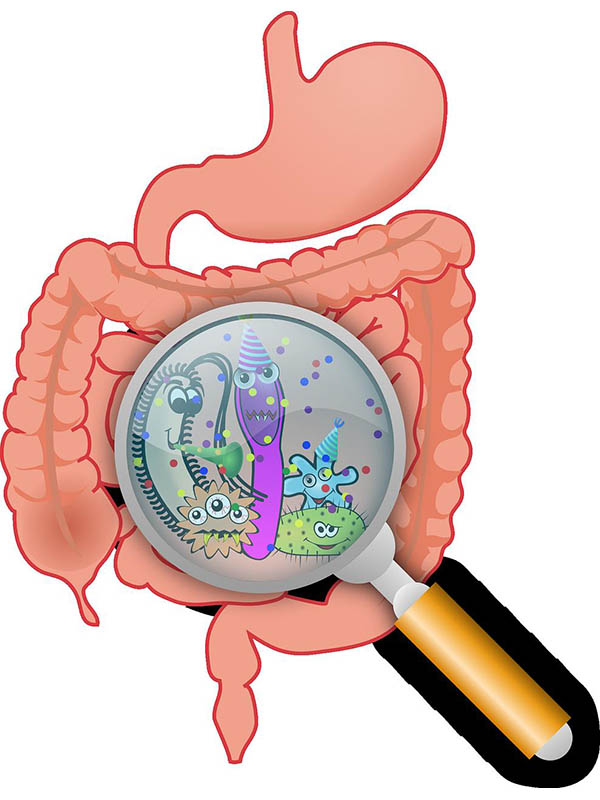
What are UTI’s? Urinary Tract Infections
Do you… Frequently or urgently need to urinate Often only pass small amounts of urine Have Pain or burning sensation when urinating These can be symptoms of urinary tract infections. There

Probiotics seem to be all the rage these days. With many purported benefits and a relatively low risk of side effects, manufacturers foresee booming business opportunities. Rather than leave your health in the hands of big business, it is important that you be as educated as possible about the best types of probiotics so you can choose what is right for you and your family.
Probiotics are live microorganisms (bacteria or yeast) that have been shown to have a health benefit for humans.
They are available in supplement form or in probiotic foods and drinks. Probiotics are thought to be akin to, and to increase the level of, the “good” bacteria found in your intestines. These “good” bacteria are thought to enhance our health through their support of our immune systems.
The two major groups of probiotics are Lactobacillus or Bifidobacterium.
Each of these groups has a variety of strains. It is thought that different strains may have different effects on your body.
The current probiotic push lends itself to the question, “If humans got along fine without taking a probiotic supplement for thousands of years, why are they so important now?” Although there is no definitive answer to this question, there have been some significant cultural changes that have had an impact on the gut flora (the population of organisms that populate our intestines). These include the use of antibiotics, diets lacking in gut-healthy plant food, refrigeration and improved sterilization of foods.
Probiotics are theorized to have the following health benefits:
Although many manufacturers will make claims regarding the benefit of probiotics for all sorts of disorders, there is not always research to back up those claims.
It can be difficult to conduct quality research on probiotics due to the wide variety of strains available. Given that, there is some research support to for the use of probiotics for the following health conditions:
Additionally, there is preliminary research that indicates that probiotics may play a role in the prevention of the following health disorders:
When choosing a probiotic supplement, it is important to read labels. You want to be sure that the supplement contains live strains of the bacteria or yeast, and that the life of these strains is guaranteed at the time of use, not the time of manufacturer. Other points of comparison are the number of bacteria strains and the number of colony-forming units.
Unfortunately, the U.S. has no federal standards for probiotic supplements. Therefore, you run the risk of purchasing a product without any guarantee that it contains its advertised probiotic strains, that the strains are alive, or that the product is free from unhealthy ingredients. Therefore, it may be best to choose a brand-name probiotic that has research backing their effectiveness. Here are some examples:
Remember that probiotics are live organisms. Be sure to use your purchased probiotics before their expiration date and to store them according to package instructions. Some formulations require refrigeration while others, because they are in dormancy, are okay in a cool, dry place.
Although most studies have shown few, if any, negative side effects, it is important to keep in mind that research on probiotics is still in a preliminary phase. There may be some risk for people who have certain health conditions. As with any supplement, it is essential that before you begin to take a probiotic supplement, that you speak with your physician first to help to ensure that you will not be putting your health at risk.

Do you… Frequently or urgently need to urinate Often only pass small amounts of urine Have Pain or burning sensation when urinating These can be symptoms of urinary tract infections. There
Disclaimer – Our intent is not to diagnosis but to offer information on therapy choices and practitioners. Information on this site is intended general educational purposes only. Any statements made are carefully referenced and any information, products or services discussed are not intended to diagnose, cure, treat or prevent any disease or illness. Please consult a healthcare practitioner before making a choice.